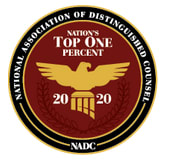 The National Highway Traffic Safety Administration reports that more than 2.24 million injuries occur in the United States as a result of automobile accidents. While some of these automobile accident injuries are minor and only require minimal treatment, other injuries may be serious enough to require the victim to undergo extensive medical treatment for prolonged periods of time. One type of automobile accident-related injury serious enough to warrant prolonged medical attention is nerve damage.
The National Highway Traffic Safety Administration reports that more than 2.24 million injuries occur in the United States as a result of automobile accidents. While some of these automobile accident injuries are minor and only require minimal treatment, other injuries may be serious enough to require the victim to undergo extensive medical treatment for prolonged periods of time. One type of automobile accident-related injury serious enough to warrant prolonged medical attention is nerve damage.
What is Nerve Damage?
Nerve damage is a type of injury that affects the functioning of nerve fibers in the body. Nerve damage can occur in any part of the body where nerve fibers are found and can vary in severity depending upon the area affected. Because nerve fibers run through the entirety of the body, there are over 100 different types of nerve damage people can suffer.
How is Nerve Damage Caused in an Automobile Accident?
There are three primary ways one can develop nerve damage as a result of being involved in an automobile accident. The first way one can sustain nerve damage is if the injured person suffers whiplash during the accident. Whiplash occurs when, during an accident, the injured person’s head and neck are suddenly jerked in one direction because of the momentum of the crash. If whiplash occurs, the nerves in the injured person’s head or neck may become pinched or stretched, resulting in nerve damage. The second way one can sustain nerve damage is if, during the accident, some part of the body suffers blunt force trauma, causing the nerve fibers in the affected area to become pinched or compressed. The third way one can sustain nerve damage in an automobile accident is when a person suffers a serious laceration as a result of the crash. If this occurs, the laceration may be so deep that the nerve fibers in a body part may be partially or completely severed.
Signs of Nerve Damage
People who suffer nerve damage often exhibit specific physical symptoms. These symptoms include:
- A feeling of numbness in the skin or limbs
- Full or partial paralysis of the body’s limbs
- Involuntary movement or twitching of muscles
- Greater skin sensitivity to hot or cold temperatures
- A prickling sensation throughout specific parts of the body or throughout the entire body
Those who suffer from some or all of the above symptoms should seek immediate medical attention so that a medical professional can determine if they are suffering from a form of nerve damage or some other injury.
What to do if you Sustain Nerve Damage in an Automobile Accident
If you have been in an automobile accident and, as a result of the accident, have been diagnosed with having some form of nerve damage, you may be entitled to monetary compensation. In order to receive monetary compensation for your injuries, you may either file an injury claim with the at-fault party’s automobile insurance company in the hopes of being awarded a settlement or file a personal injury claim in the state court system. To decide which avenue you should pursue, you should consult with a personal injury attorney who has experience in settling insurance claims as well as litigating personal injury claims in court.
Contact a Haddonfield Personal Injury Lawyer to Discuss Your Automobile Accident Case in New Jersey
Did you or a loved one sustain serious injuries due to an automobile accident in New Jersey? Don’t let the medical bills pile up while you wait for the negligent party, or their insurance company, to do the right thing. Right now, you need an aggressive personal injury attorney on your side, fighting to get you the compensation you need, want, and deserve. The skilled attorneys at The Law Offices of Andres, Berger & Tran represent clients injured because of automobile accidents in Haddonfield, Cherry Hill, Voorhees, Marlton, and throughout New Jersey. Contact us at (856) 795-1444 or email us to schedule a free consultation about your case. We have an office conveniently located at 264 Kings Highway East, Haddonfield, NJ 08033.
The articles on this blog are for informative purposes only and are no substitute for legal advice or an attorney-client relationship. If you are seeking legal advice, please contact our law firm directly.













